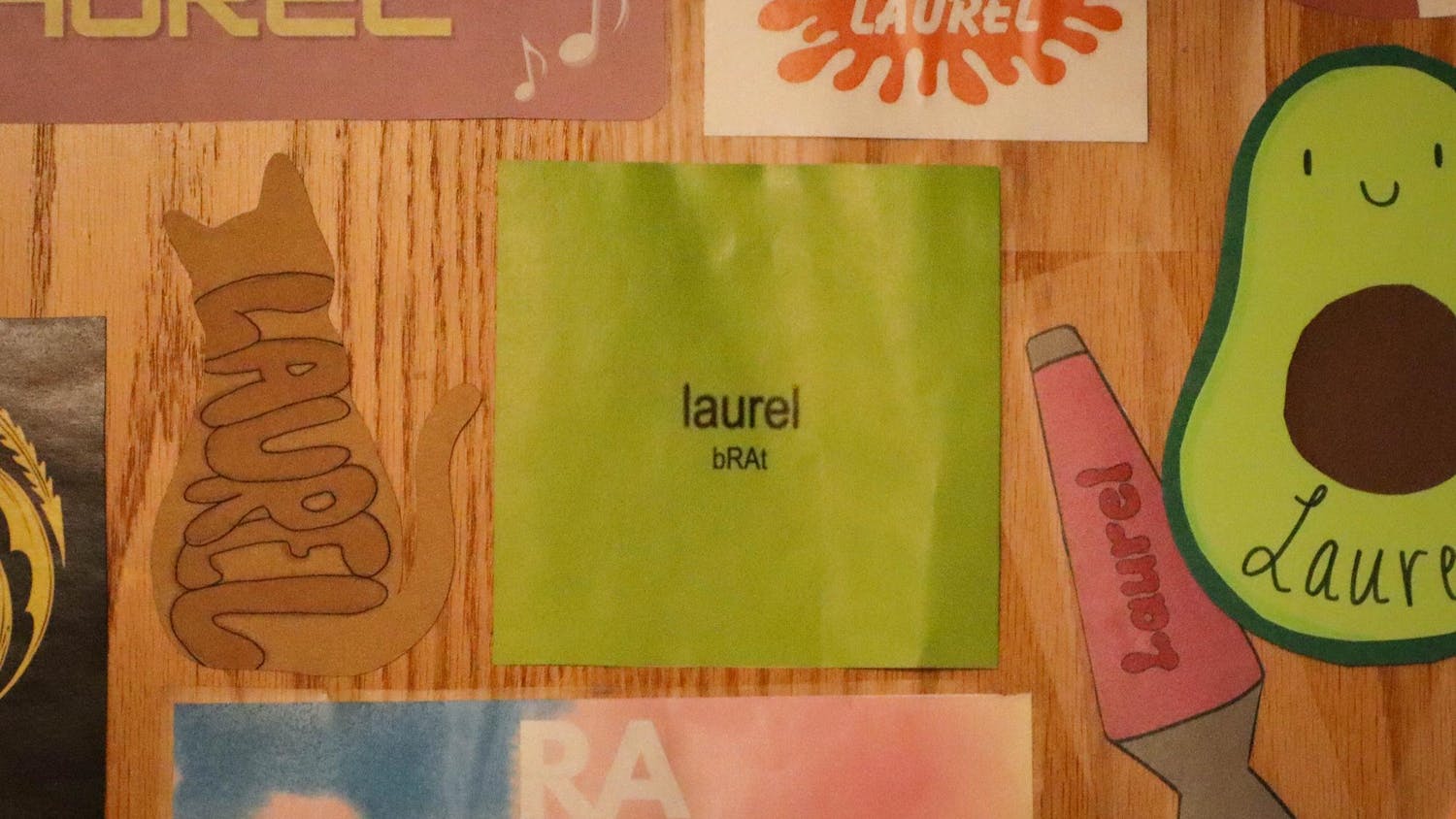LONDON -- Puccini's "Madame Butterfly" tackled interracial love and U.S. imperialism in Asia; Verdi's "La Traviata" put a tubercular prostitute center stage. Odd to think that opera has a stuffy reputation. Now a new batch of contemporary operas rangingfrom rappers rhyming about Libyan leader Moammar Gadhafi to an experimental musical about Microsoft boss Bill Gates sets out to change that image.\nWith many opera companies facing stagnating ticket sales and aging audiences, composers and producers are turning to contemporary conflicts and headline news in a bid to lure new crowds. Composer Keith Burstein, whose war-on-terrorrism opera "Manifest Destiny" had its first performance at London's Tricycle Theatre in June, said opera is a mutable genre. \n"Opera is an art form capable of filtering, processing and transcending the big issues," Burstein said. "There is a tremendous requirement for that right now. I think audiences are yearning for it."\nThe English National Opera certainly hopes so. The company that recently has overcome debt problems and completed a $75 million renovation of its Coliseum headquarters is taking an aggressive approach to audience development. In June it performed part of Wagner's "The Valkyrie" to thousands of rock fans at the Glastonbury Festival in southwest England. Last month a planned outdoor performance of Puccini's "La Boheme" in Trafalgar Square was scuppered by rain at the last minute. The company also has commissioned the dance-hip hop collective Asian Dub Foundation to create an opera about Gadhafi for production in February 2006. The work will focus on the idiosyncratic Libyan leader's journey from pariah to statesman, with a rapper playing Gadhafi and his all-female cohort of bodyguards composing the chorus. Alex Poots, ENO's director of contemporary arts, said Gadhafi's story is a natural for opera.\n"For me it was such a visual and dramatic subject," Poots said. "I thought there was a great story to be told that would at least increase understanding between the Middle East and the West."\nOpera and modern politics are not exactly strangers. U.S. composer John Adams has written "Nixon in China" about President Nixon's historic 1972 visit to Beijing and "The Death of Klinghoffer," based on the murder of an elderly American during a 1985 cruise-ship hijacking. Peter Sellars, who directed the first productions of both Adams' operas and is slated to direct ENO's Gadhafi production, specializes in modern-dress stagings of classical works. Several new works have gone further in snatching inspiration from the headlines and blurring the line between opera and more populist forms.\nIn May, British composer Alfie Thomas staged a workshop production of "Microsoft: The Opera," an experimental, impressionistic musical that drew on rock, folk and electronica and sent Bill Gates on a surreal journey down the information superhighway.\nThen there's "Jerry Springer -- The Opera," which blended the content of trash television and the style of opera, resulting in arias about transvestitism, pole-dancing and diaper fetishism. A hit at the Edinburgh Fringe Festival two years ago, the show went on to sellout runs at London's National Theater and in the West End and is due to open on Broadway in 2005. While "Jerry Springer" titillated audiences and critics alike, Burstein's work suggests that opera still has the power to shock. The composer says "Manifest Destiny" -- the story of a female Palestinian writer who decides to become a suicide bomber, is tortured in Guantanamo Bay and dies after completing the libretto for an opera about war and peace -- is a "modern fable." Critical reaction to the piece, which features a libretto by Dic Edwards, has been mixed. Some observers questioned the use of an aspiring bomber as heroine or saw the piece as an apologia for terrorism.\n"That illustrates the power of art," Burstein said, "if it connects and comes out of its ivory tower."\nSome music lovers worry that means dumbed-down opera. John Allison, editor of Opera magazine, says ENO Artistic Director Sean Doran is adept at staging "stunts to get press attention."\n"In his dreams," Allison said, "he'd probably like to get Norah Jones to sing Schoenberg's 'Erwartung.'"\nAllsion feels the entire project is a ploy to boost ticket sales and Burstein does not have his priorities straight. \n"I think it's always a legitimate thing to try to reach new audiences," Allison said. "But the only way is on the basis of doing fantastic, exciting, theatrical work that people talk about. You've got to lead with quality rather than gimmicks."\nPoots argues that opera must strive to be a genuinely popular art form once again.
HipHopera adds rap, pop to familiar art
Get stories like this in your inbox
Subscribe





